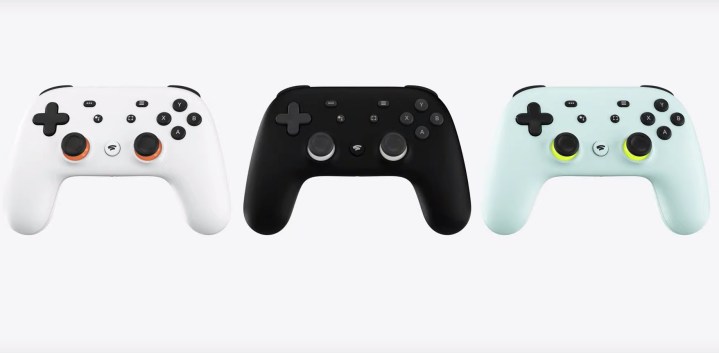
Courtesy of Google, the next generation of home console gaming is starting a little bit sooner than most expected and in a different form than usual. At its annual developer conference, Google IO, one session focused on why Google Stadia promises to be an ideal platform for developers and how it can overcome the perceived limitations of traditional PC and home console gaming.
Head of product at Stadia John Justice took the stage to share how game developers can benefit from the streaming platforms consumer reach. He shared that thousands of developers have already signed up to develop for Stadia and had an interesting take when answering the question of why Stadia exists.
“For PC and console developers, the games you’re making [are] getting more complex, they’re getting richer, higher fidelity, and frankly more expensive to make than ever before,” he said. “Now, more than ever, you need to reach more players. Until Stadia, that reach has been gated by the cost of hardware. Hardware that needs to be upgraded for hundreds or thousands of dollars every few years. That generational reset limits your reach as developers.
“So, until now, you’ve faced a dilemma,” he continued. “Build a game that takes advantage of the latest tech … or maximize reach.”
He goes on to highlight that, with Stadia, developers only have to create their game once, instead of having to work on different versions for different devices. Gaming instances on Google Stadia will be running using Linux with Vulkan graphics. Google is also working to include as many open-source applications and middleware for development so devs can continue to use their current tools to develop for the platform. Havok, CryEngine, Unity, Improbable, Unreal, and Havok were among the notable middleware mentioned.
Cloud computing is the foundation of Google Stadia, and Justice presented multiple options that developers can take advantage of. Devs can use instances in Google’s data center, run them locally with Stadia dev work stations, and they can also have a quad instance server shared within the game studio for the dev team. These may not be the exciting details that gamers themselves clamor for, but the developers behind our cherished games will be weighing these details and more as we get closer to Google Stadia’s launch.




